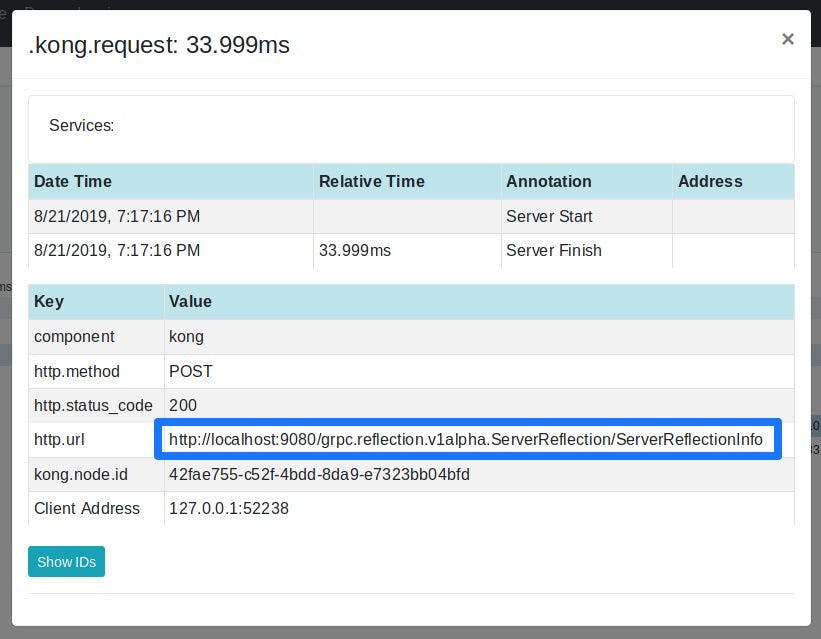2,184 reads
Essential Tips To Manage Your gRPC Services With Kong Like A Pro
by
March 29th, 2021
Audio Presented by
Experienced Backend Engineer with a demonstrated history of working in the software industry. Currently working at Kong.
About Author
Experienced Backend Engineer with a demonstrated history of working in the software industry. Currently working at Kong.
